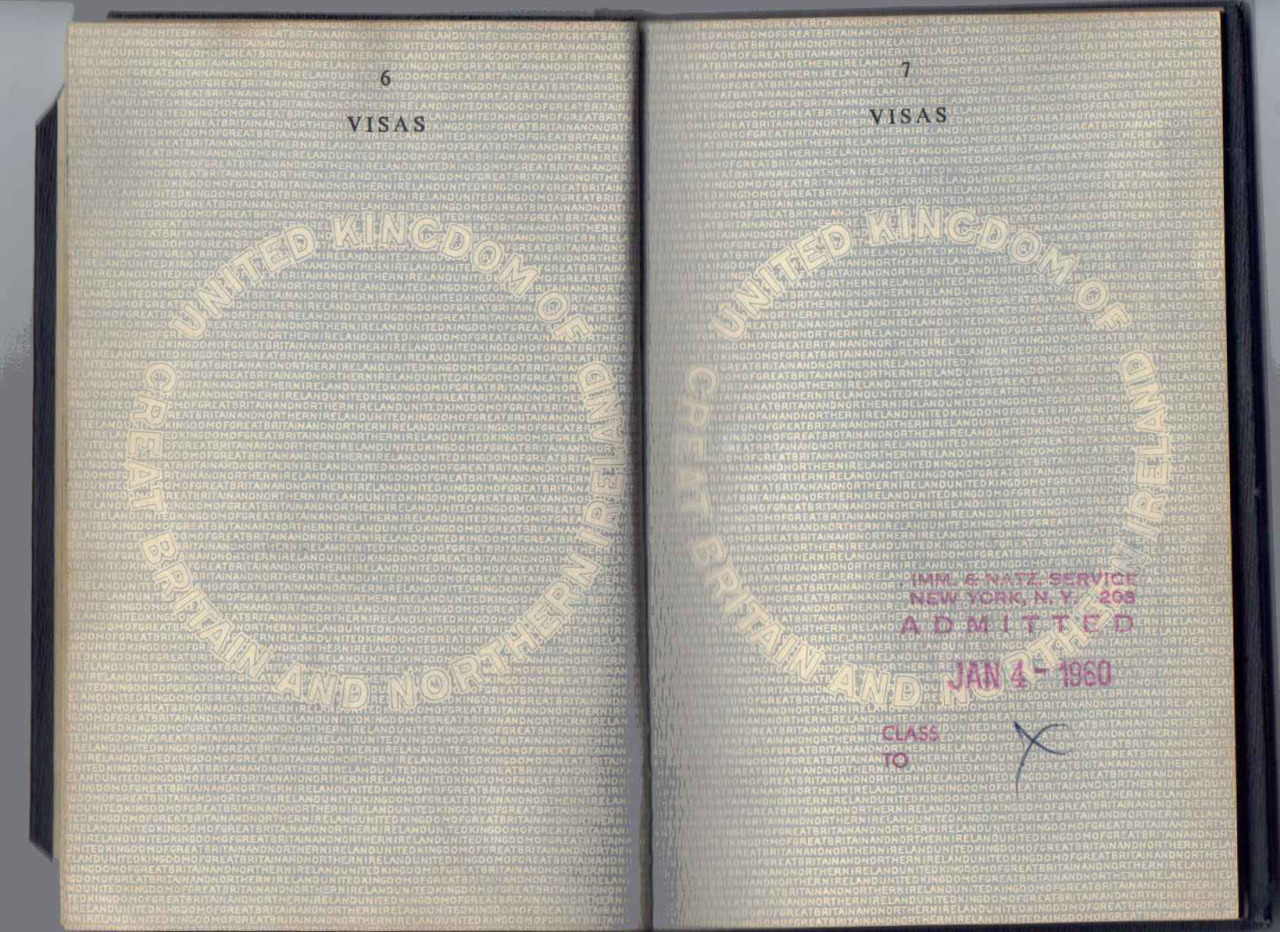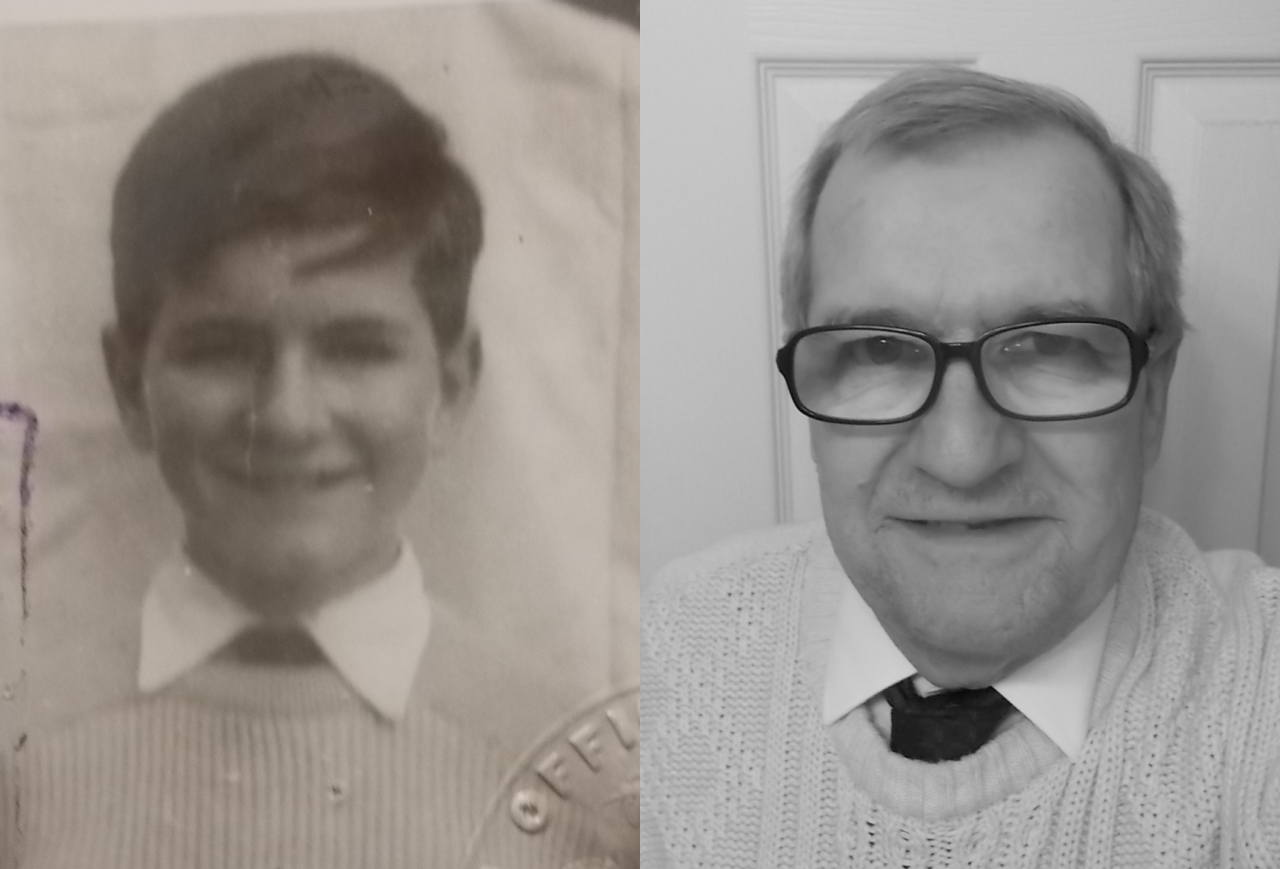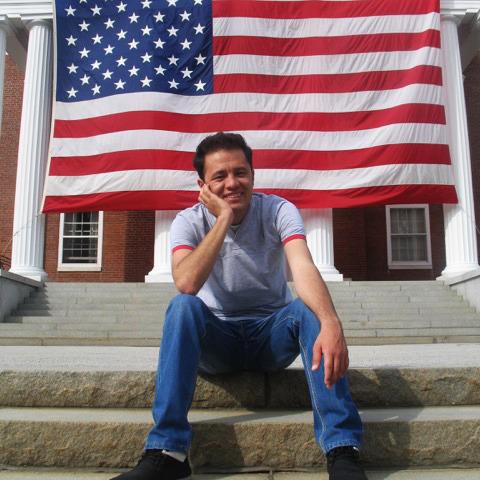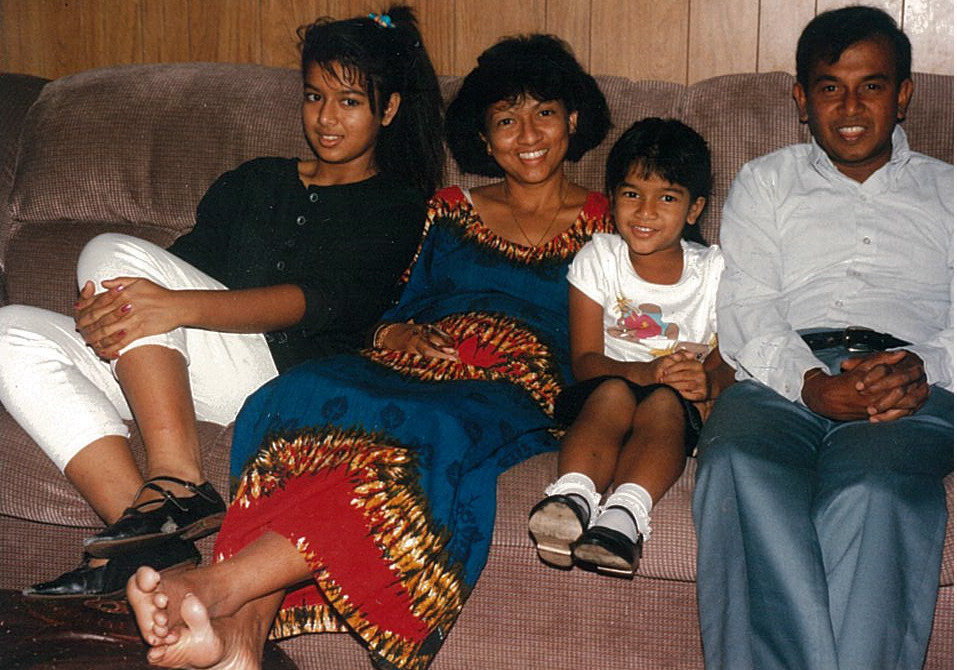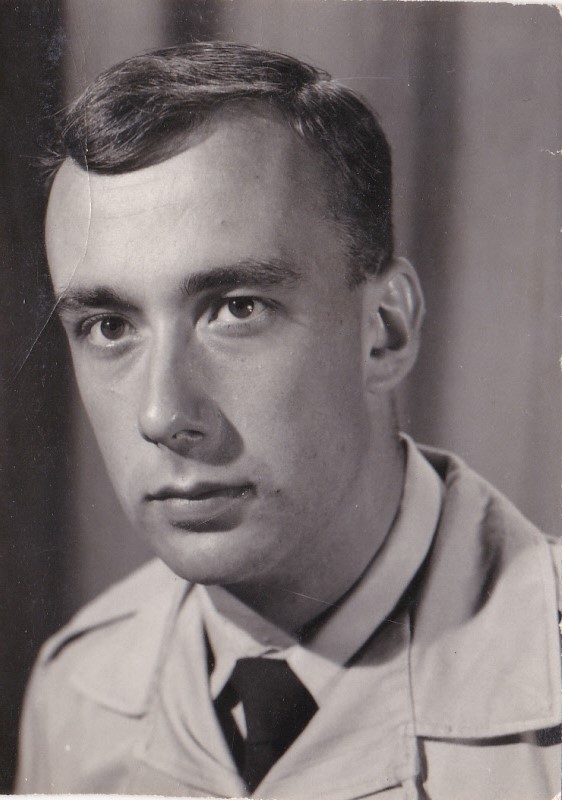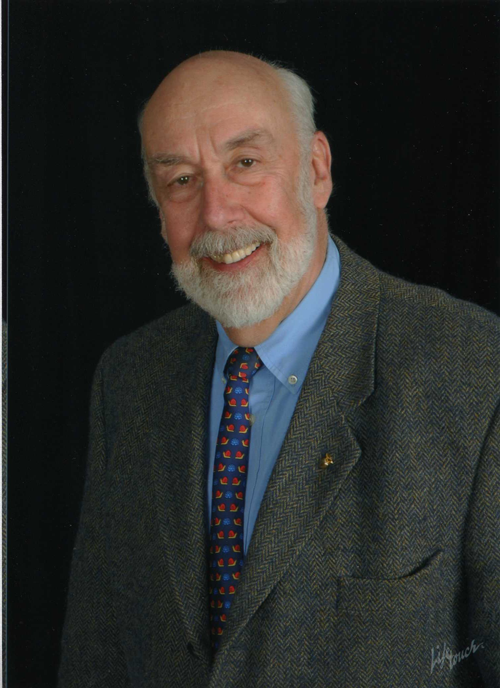Sunshine through rain

The year 1995, our family arrived in Salt Lake City Utah from El Salvador. What a contrast from the warm temperate climate of Central America to the chilly spring of the Salt Lake Valley. Everything was different and the same. I attended Kindergarten where no one wore a uniform but we still had recess and snack time. My mom and dad worked all day here too, but my Grandma did not look after us when they were at work. Now instead of taking the bus or walking everywhere, we drove around in an old grey Volkswagen Beatle. Like our old neighborhood in El Salvador, everyone went to church on Sunday, but not the same church, not even a Catholic church.
At school, at first, I understood little of what was being said. I had always been a chatter box, but here I learned to observe. I learned to play alone and explore on my own. Although I learned English quickly it was this way for the first few years. By first grade, English was my favorite subject. I loved the library and reading. I kept several journals which I filled out cover to cover with memories, ideas, doodles and souvenirs.
I had no idea of the great economic hardships my parents endured. Looking back I realize we lived modestly in the quiet middle class suburb of Murray.
My mom revealed to me recently that one year she did not have money for Christmas presents so she bought me and my sister the nicest stuffed animals she could find at a second-hand store. She washed them and wrapped them up. I recall that Christmas I got a stuffed dog that had a built in radio. It was my favorite toy. In fact I remembered getting it for Christmas. I remember the tree was small and there were but two neatly wrapped bundles. I loved that toy. It was then that I realized that my sister and I never lacked for anything. Our basic needs were always met: we had education, safety, stability and above all love.
Now, I can only imagine what it must have been like for my college-educated and graduated parents, who in their country were respected professionals, to work on their knees scrubbing carpets, cleaning vacated apartments. I remember my dad holding down three jobs at one point and two jobs for many years.
19 years later, my sister and I are in college. My parents live in their own home. They both work in their professions as they once had in their old country. We are all naturalized U.S. Citizens. I strive to fulfill my dreams so their sacrifices are not in vain. We are deeply grateful and proud to live in America and to be Americans.


